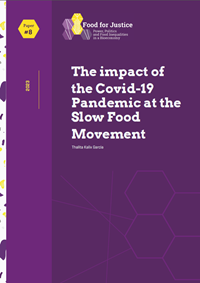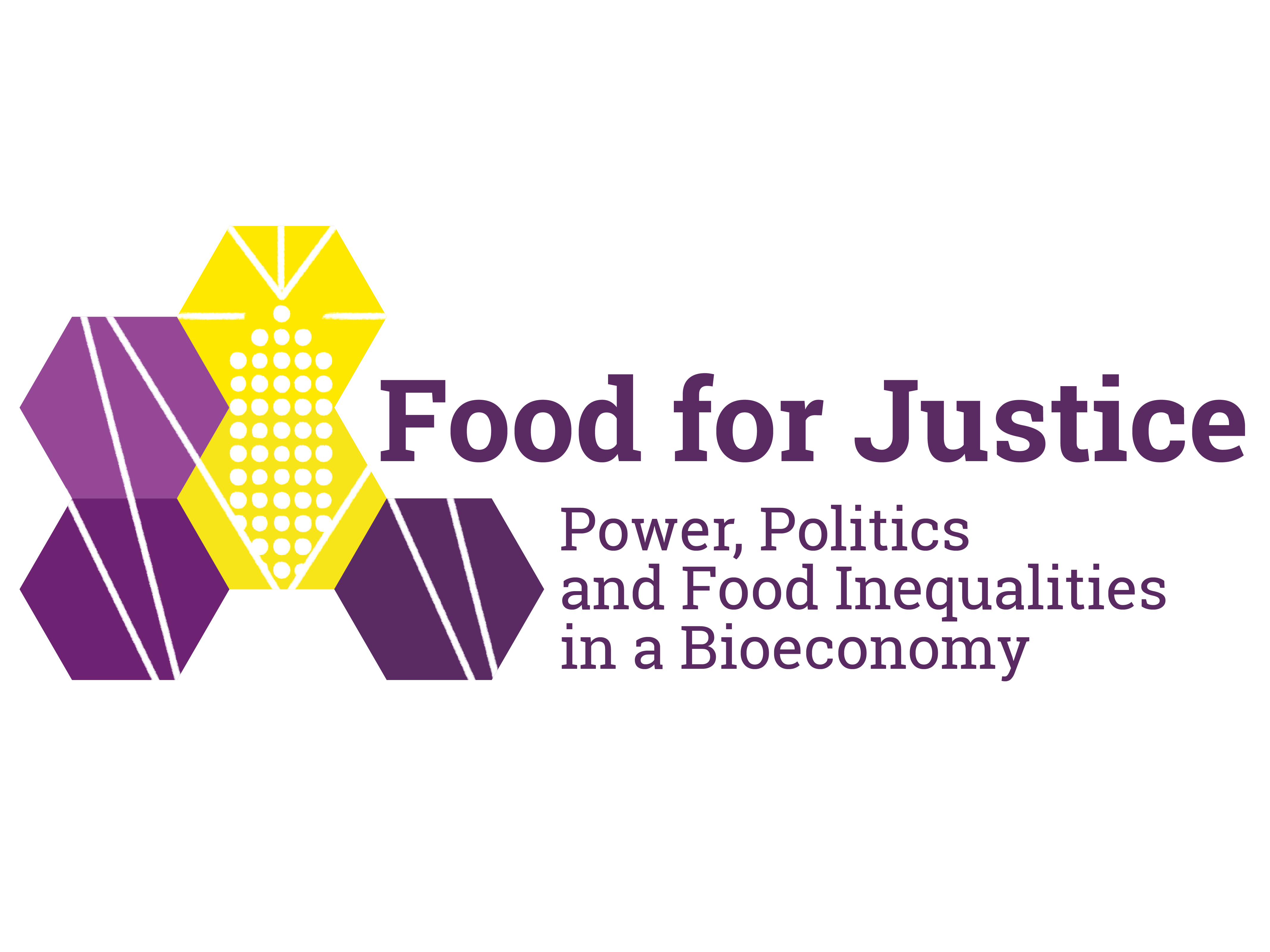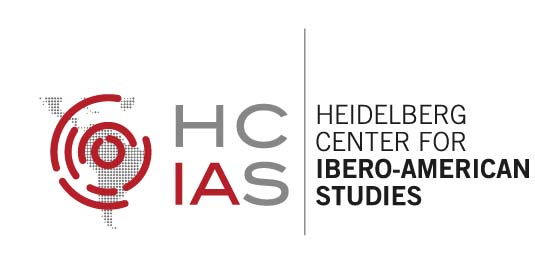Working Paper 8: The impact of the Covid-19 Pandemic at the Slow Food Movement
Identificativi (Articolo)
Abstract
The corona virus outburst was declared a global pandemic in March 2020, making many countries to go on lockdown in order to try to restrain it and avoid or dimmish the overwhelming of national health systems. As work and studies went online and social distancing became a safety rule, social movements also had to adapt themselves. Furthermore, food movements gained more relevance as one of the first concerns was to keep the food production and distribution worldwide despite the shutdowns. This paper aims to analyse the impacts of the Covid-19 pandemic in the Slow Food movement, how it changed the movement organization, agenda, and actions. It is based on empirical research in two countries: Brazil and Germany and it looks at three moments of the pandemic, from its first impact in 2020 till the adaptations and continuities in 2021 and 2022. This work relies on an on-site and virtual ethnography and is part of a broader investigation on the movement on both countries.
Statistiche


Pubblicato (Versioni)
- 2024-06-12 (2)
- 2023-11-28 (1)





